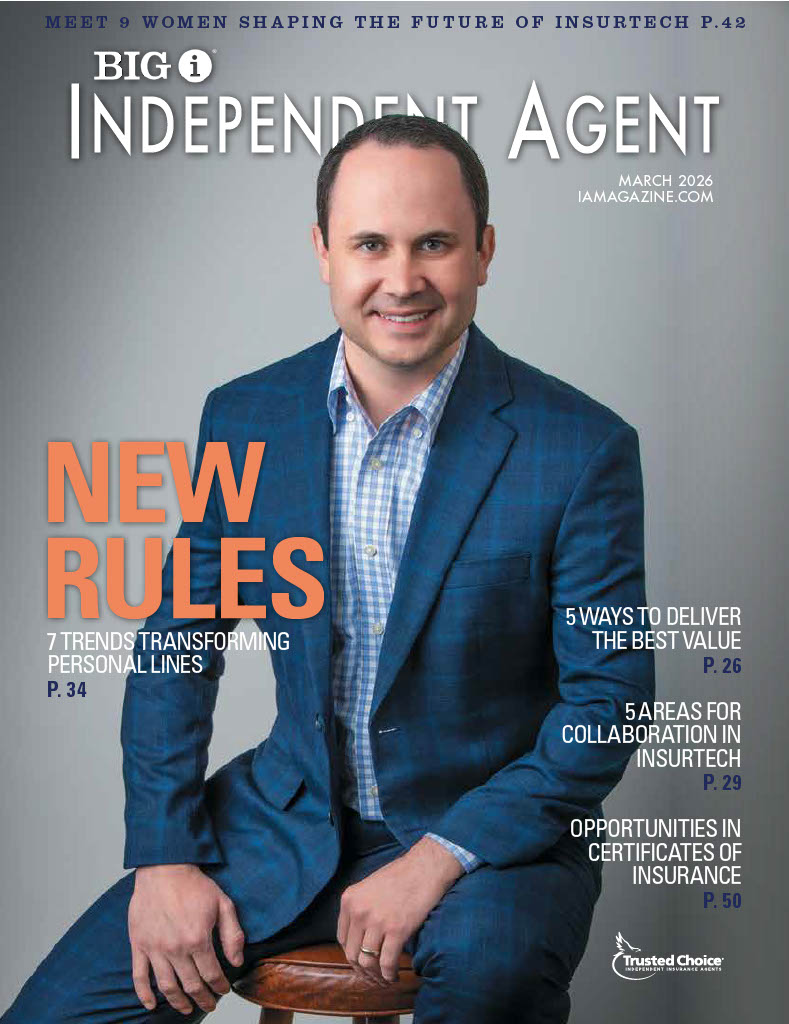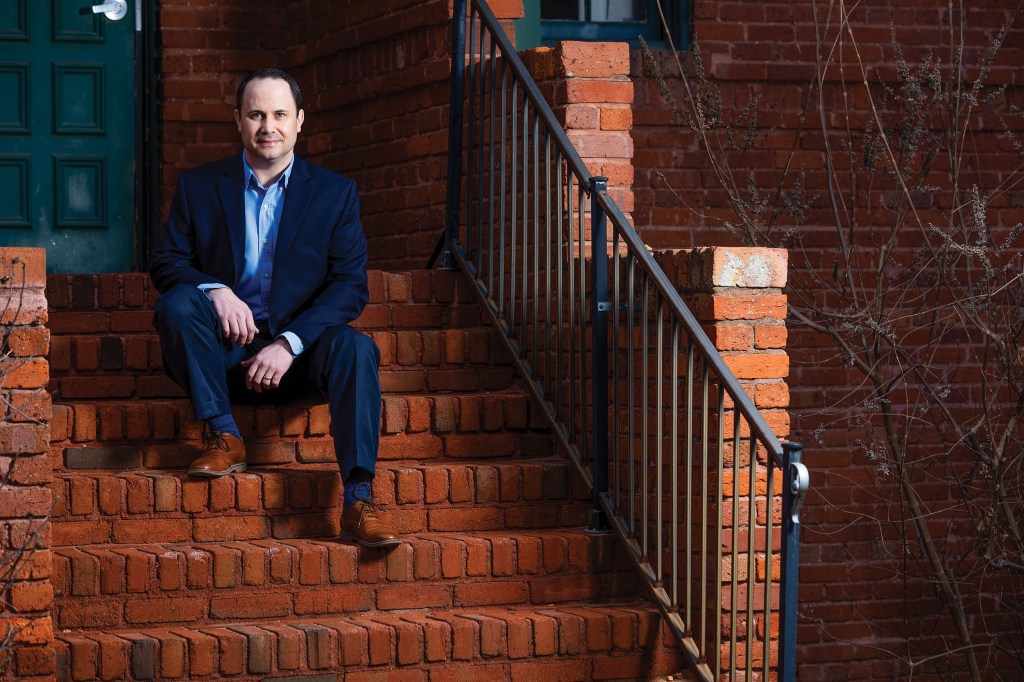Terrorism Insurance Debate on Deck
By: Margarita Tapia
| As the expiration of the Terrorism Risk Insurance Act program quickly approaches at the end of next year, it’s already on track to be a hotly debated issue on Capitol Hill. TRIA was originally passed in 2002 in response to the commercial property-casualty market failures following the 9/11 attacks. The program essentially operates as a federal reinsurance backstop in the form of a public-private partnership. The program has been reauthorized twice, in 2005 and 2007, with many reforms added along the way to increase private sector involvement and reduce taxpayer exposure. According to the Big “I” and experts from a wide range of fields, the TRIA program has worked well to ensure that this essential coverage is available to policyholders throughout the country. Several bills have already been introduced in the U.S. House of Representatives to address the expiration of the program. Reps. Michael Grimm (R-N.Y.) and Carolyn Maloney (D-N.Y.) helped kick off debate earlier this year by introducing a bill, H.R. 508, that would reauthorize the current TRIA program for five years. In addition, two new bills were introduced this spring to extend the program by 10 years: H.R. 2146 by Reps. Mike Capuano (D-Mass.) and Peter King (R-N.Y.); and H.R. 1945 by Rep. Bennie Thompson (D-Miss.). The Capuano/King bill would provide for a “clean,” simple extension with no changes to the current program, while the Thompson bill would make one major change in designating the Department of Homeland Security as the lead agency in determining if an attack was an act of terrorism (Treasury is currently the lead agency). It is unlikely that any of these bills will be the eventual legislative vehicle for a reauthorization. However, it is helpful to the efforts of supporters of the TRIA program that such bills are being introduced, and with increasing reauthorization periods. The Big “I” has joined much of the insurance industry in praising the program’s role in stabilizing the commercial insurance markets, and calling for some future terrorism insurance role for the federal government. Reservations from several vocal members of Congress over federal government involvement in private markets and other challenges have observers speculating that a reauthorization of the program in its current form will be an uphill climb. As was the case more than a decade ago when TRIA was originally passed, the Big “I” government affairs team is heavily involved in the debate ensuring that the independent insurance agency system’s voice is heard as the future of this important program is shaped. Margarita Tapia is Big “I” director of public affairs. | Natural Disaster Bill Aims for Stronger Building CodesLegislation currently pending in the U.S. Senate and House of Representatives supports ongoing Big “I” efforts to encourage states and local governments to adopt stronger and safer building codes. The Big “I” believes that stronger, standardized and safer building codes could potentially save lives, property and billions of dollars. Sen. Bob Menendez (D-N.J.) and Rep. Mario Diaz-Balart (R-Fla.) introduced legislation in their respective chambers earlier this year that would provide states with additional disaster relief funding if they enact modern building codes. The “Safe Building Code Incentive Act of 2013” is S. 905 in the Senate, and H.R. 1878 in the House (where it has growing bipartisan support). The Big “I” has endorsed the bill and has long advocated for such reform. The Big “I” is also an active member of the BuildStrong Coalition, a partnership of industry associations and companies currently working with Congress on ways to strengthen and improve building codes. The proposed law would create a financial incentive for states that have adopted and enforced statewide building codes. Under the “Safe Building Code Incentive Act,” states that adopt and enforce nationally recognized model building codes for residential and commercial structures would qualify for an additional 4% of funding available for post-disaster grants. The program would be administered by the Federal Emergency Management Agency. According to a National Institute of Building Sciences study, for every $1 spent to make buildings and homes stronger and safer, the American taxpayer saves $4 in federal disaster assistance. In one example, the Louisiana State University Hurricane Center estimated that stronger building codes would have reduced wind damage from Hurricane Katrina by 80% at a savings of approximately $8 billion. The Big “I” and many industry experts believe that standardized building codes, adopted at the state level to address state-specific risks, promote a level and consistent playing field for design professionals, suppliers and builders. They also create a minimum standard upon which consumers can rely and lead to a more stable insurance market. The Big “I” strongly supports both S. 905 and H.R. 1878 and is working closely with Congress, its industry partners and other decision-makers in Washington, D.C., to move this important piece of legislation as soon as possible. —M.T. |










